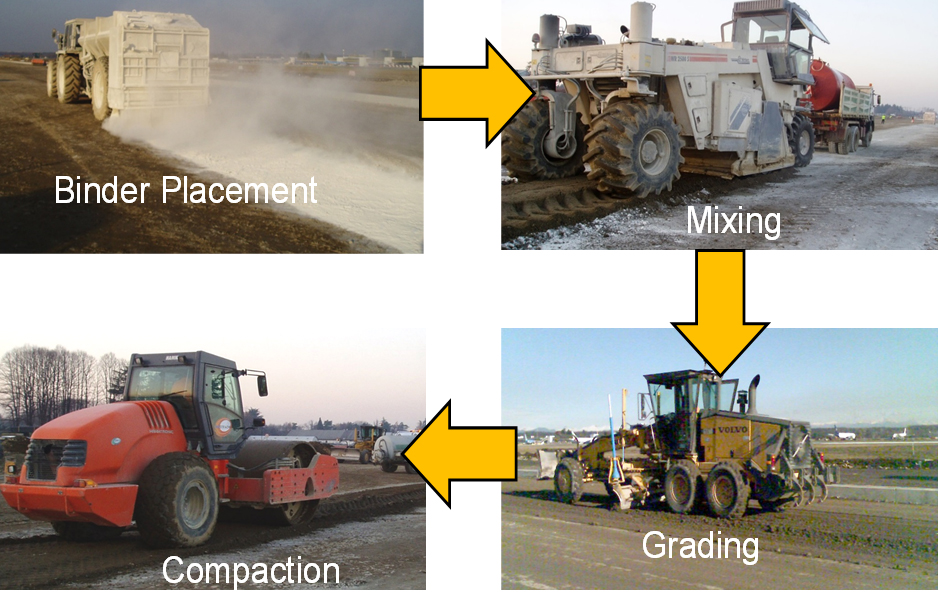The research line is part of the departmental macro-thematic concerning “Materials and mechanical materials”, i.e., “Innovative materials for infrastructures and structures”. The research primarily concerns the characterization of bituminous conglomerates for particular uses. Given the nature of these materials and the extreme variability of application, the experimental activities are carried out following a targeted approach of performance characterization, based on the specific requirements of the use. In particular, the research activities concern: viscolelastic buffered joints for road bridges, bituminous conglomerates for the restoration of underground service excavations, pourable mixes, bitumen-cement pavements with low quality aggregates, photocatalytic pavements, bituminous conglomerates with expanded clay and railway sub-ballast for high-speed lines, heat-resistant pavements for tunnel applications, waterproof pavements.
Particular attention is also paid to the characterization of waste and recycled materials. The scientific activity on this subject mainly concerns mixed concrete foundations with recycling aggregates, foundations recycled on site, tailings from coal mining for road sub-bases, recycling of waste from the separate collection of glass, the use of waste from waste-to-energy plants in the road structure and superstructure. Some of these activities have led to results currently covered by patents. As far as the rheology of bitumen and bituminous mastics is concerned, several binders for sealants and buffer bridge joints have been studied with a rheological approach. The research is currently focused on the effect of additive fibers and polymers in bituminous mastics. All the research on materials described above focuses on the development of equipment and test protocols for laboratory investigations. To this end, the research activity is aimed at developing prototype protocols for laboratory equipment, up to the drafting of technical standards. Currently, the scientific commitment is focused on the definition of protocols for both the site control of unbound materials and bituminous conglomerates, and for the optimization of compaction in the laboratory.

